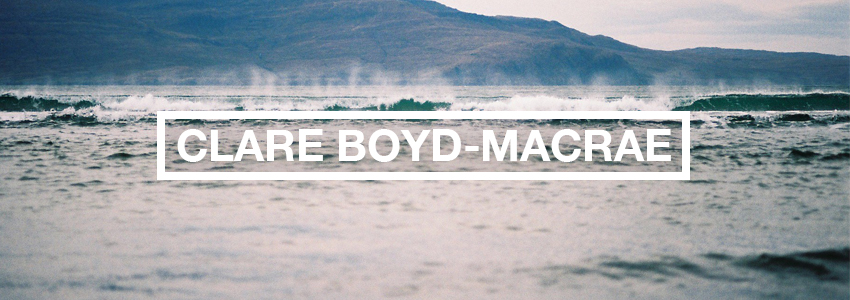Another Mothers' Day reflection: does not having children = selfish?
 Sunday, May 10, 2015 at 07:22PM
Sunday, May 10, 2015 at 07:22PM Are people who choose not to have children selfish? Do parents have the right to judge them?
A young Melbourne woman raised this perennial issue in the opinion pages of The Age a while back when she wrote eloquently about the barrage of questions, advice and criticism she unwillingly attracts when she says that she will probably never have a baby because she’s just not interested.
It always shocks me when I hear of people judging each other in the ways she quoted in this article: ‘Do you hate kids or something? You’ll be sorry when you’re old and there’s no one to look after you. My taxes shouldn’t have to support your single lifestyle.’
My life circumstances have been different from this writer’s. I married my childhood sweetheart at 21; 35 years later we have four grown-up children. Naturally we have had our moments. There has been a bit of anguish and a ton of hard work. Most of it, however, has been great. I love our kids to bits and appreciate deeply what raising and living with them has taught me. They are among the people in the world I most enjoy spending time with.
But parenting is not not NOT for everyone. And if it’s not for you, it doesn’t mean you are any more selfish, limited or superficial than those of us who choose to reproduce.
My husband and I chose to have babies not because we were particularly noble. We just wanted them. Looking out for your kids children isn’t some great altruistic gesture; it’s more like an extension of self-interest.
There are those who would love to have children and, devastatingly, are unable to. Since the advent of safe and reliable contraception, however, many more people have a choice about what they do with their life, including whether or not to reproduce. We all make choices for reasons. What other people choose is up to them.
I wonder about these parents who are outraged at others not wanting what they’ve got. I suspect those who protest loudest and shrillest are the ones who secretly, maybe without even knowing it themselves, wonder if they made the right decision. Insecurity is usually what makes us harshest in our judgement of others.
Personally, I know a lot of childless people who live incredibly rich lives. I also know parents whose lives seem to be pretty damn miserable, insular, limited and resentful.
Then there are those whose lives revolve around their children to such an extent that when these grown children leave home, the parents go into a decline. Or the ‘kids’ stay home well into adulthood, with mum and dad looking after them as though they were five-year-olds.
There’s something skewed here. Children are wonderful, and as a parent you try to love them unconditionally. But they should never be under the impression that they are the centre of the universe. We all of us, parents included, need other things to build our lives around: community service, social justice, philanthropy, creativity, friendship, religious faith, our significant other – the list could go on.
As our youngest turned 21 last year, I revelled in the new stage of life this heralded. A dramatically lightened domestic load. A chance to throw myself into my two occupations with a little more abandon. More uninterrupted time with the father of my children. Maybe even some travel.
So, if you choose not to have children, don’t let the parent brigade get you down. You are not weird or unnatural. And maybe all of us could just get on with doing what we’ve chosen to do, and lay off other people.
 Clare |
Clare |  4 Comments |
4 Comments | 